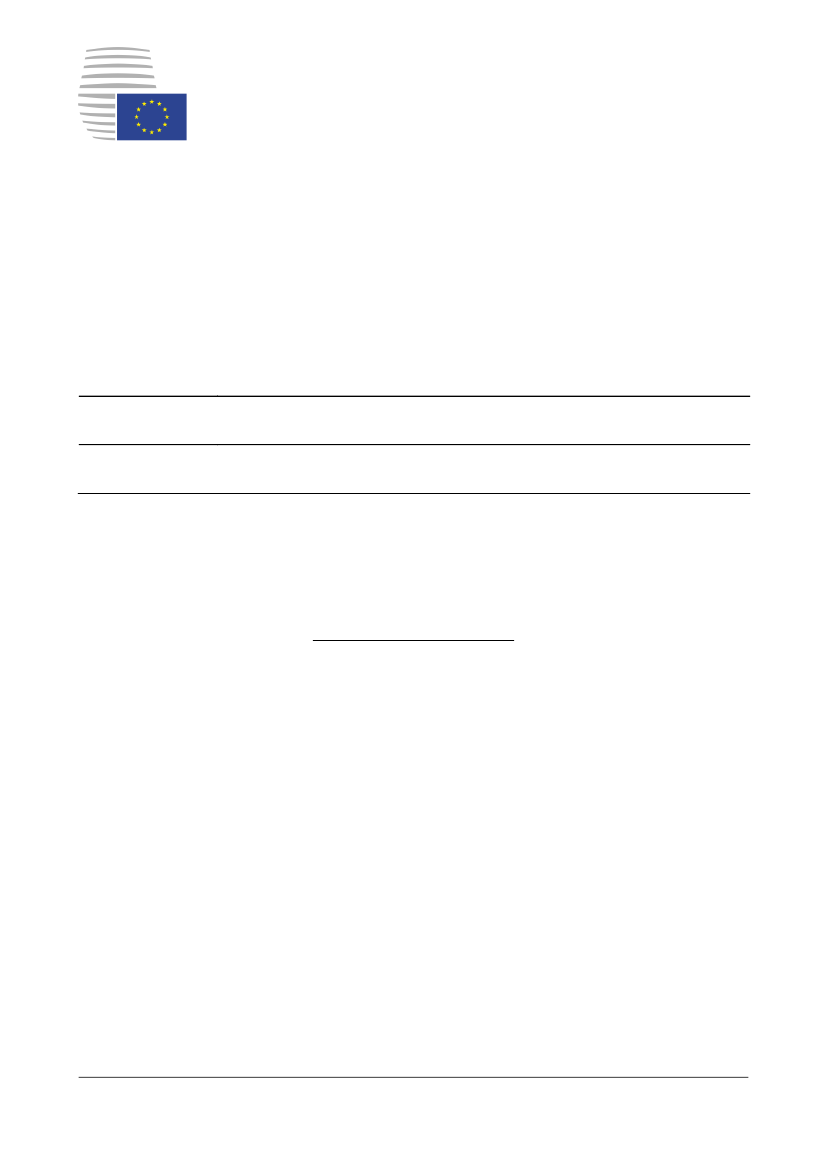
European Council
Brussels, 11 December 2020
(OR. en)
EUCO 22/20
CO EUR 17
CONCL 8
NOTE
From:
To:
Subject:
General Secretariat of the Council
Delegations
European Council meeting (10 and 11 December 2020)
–
Conclusions
Delegations will find attached the conclusions adopted by the European Council at the above
meeting.
EUCO 22/20
EN